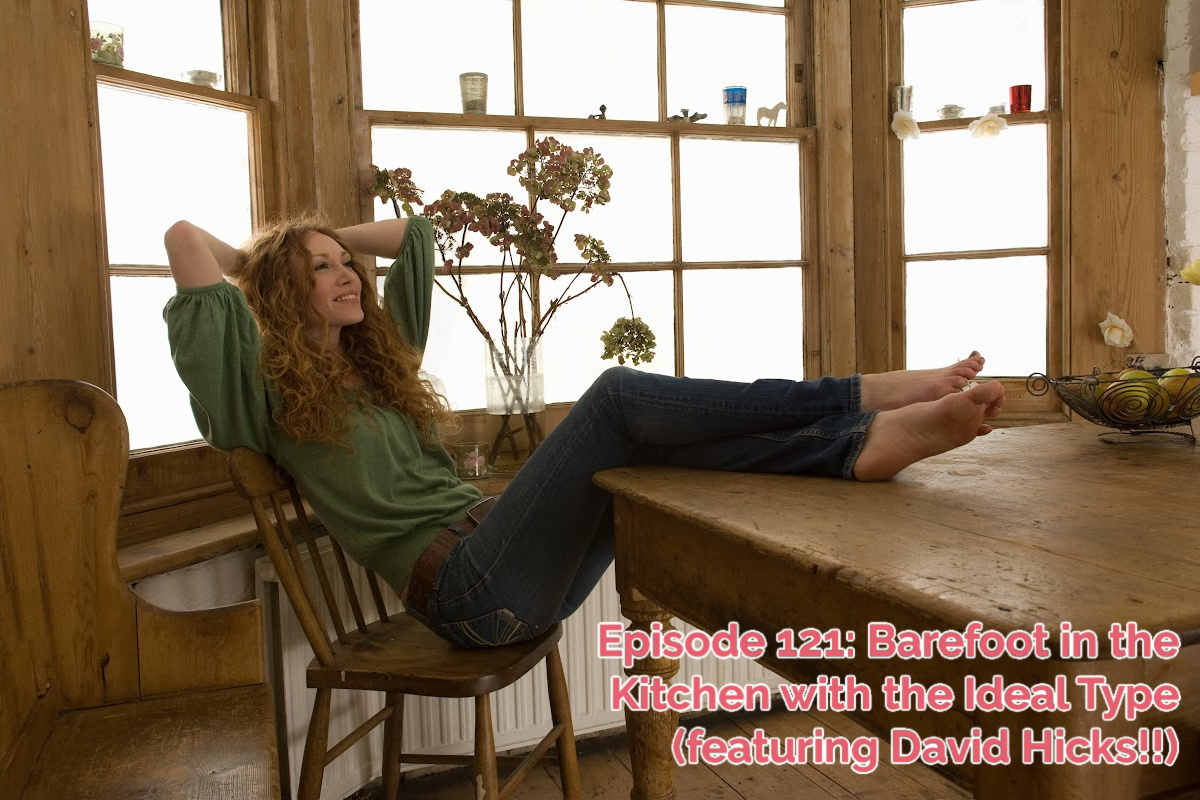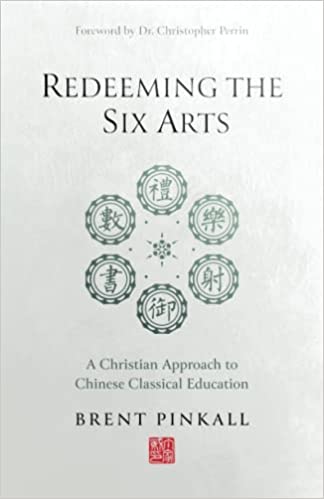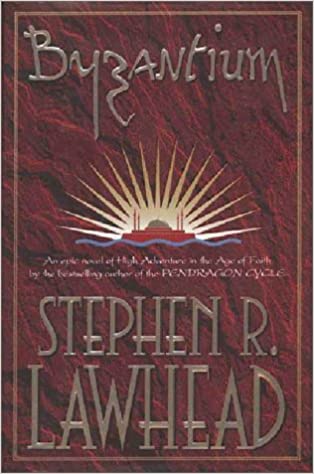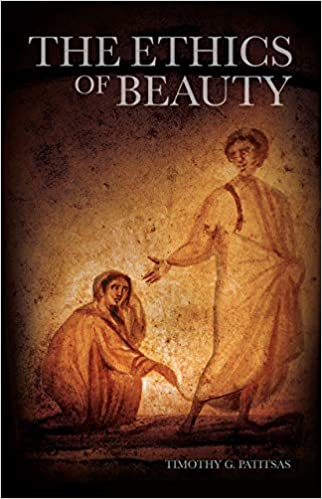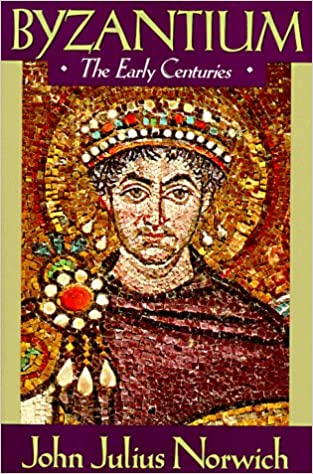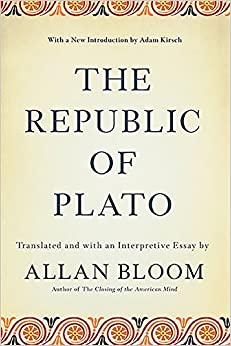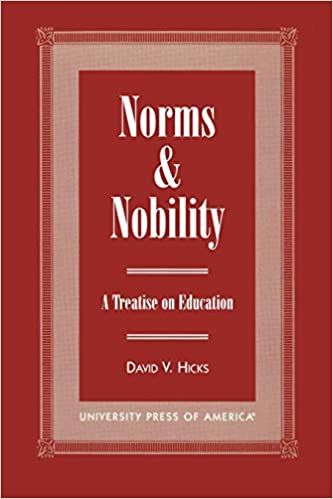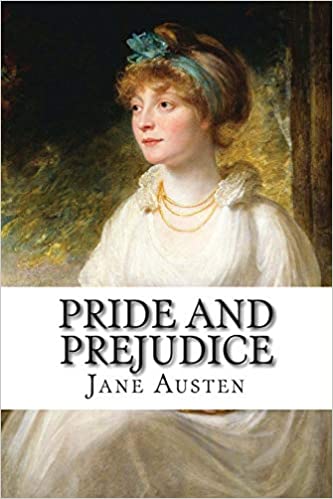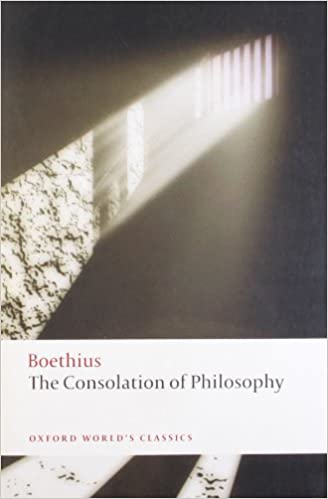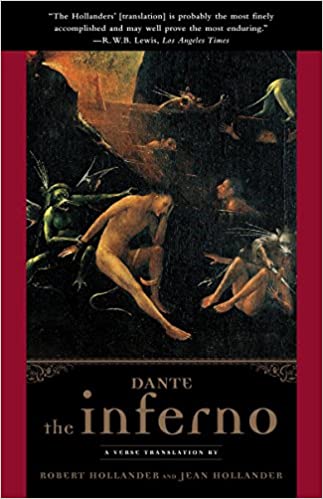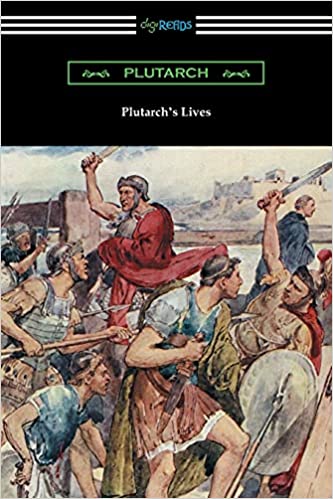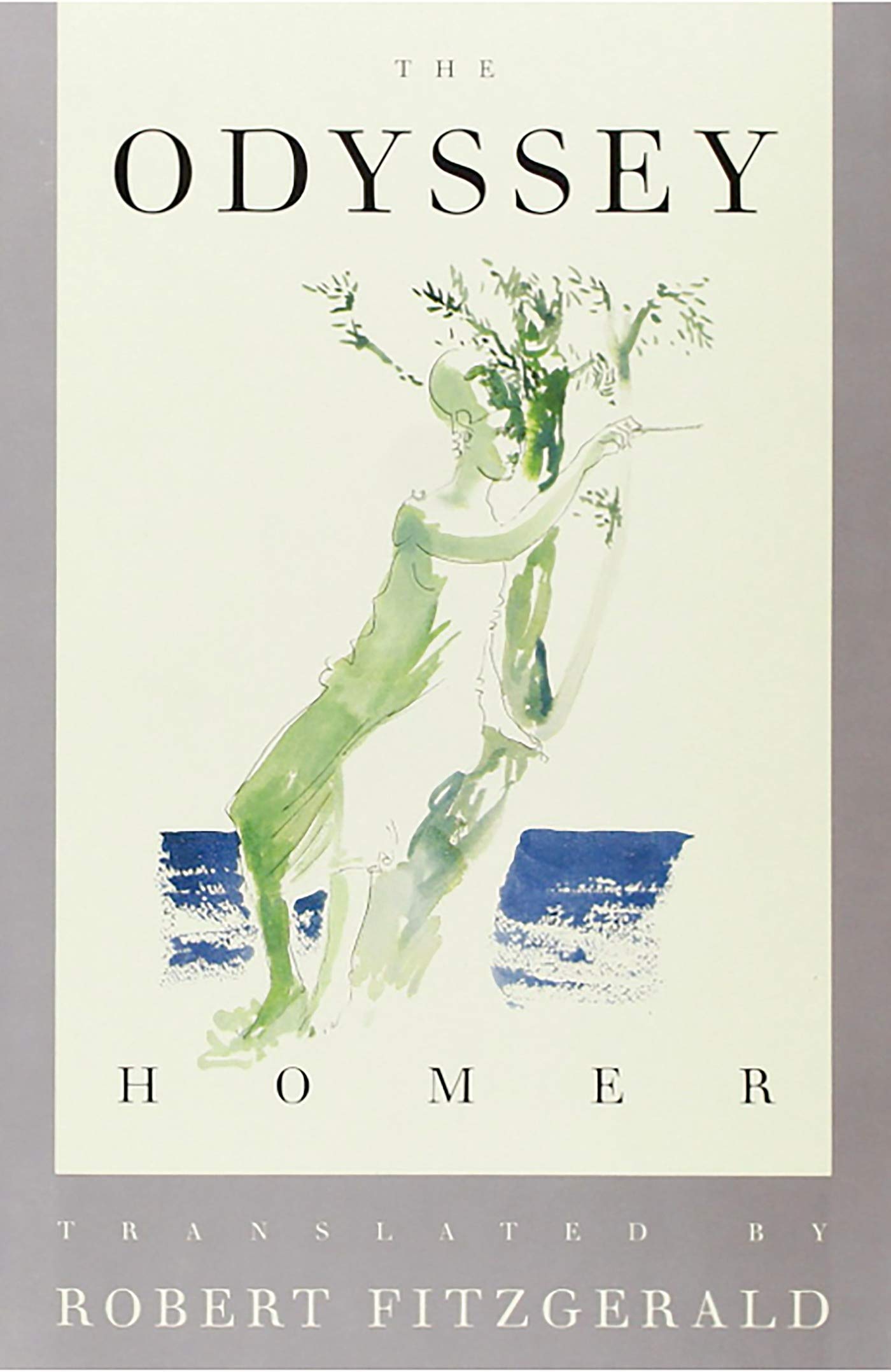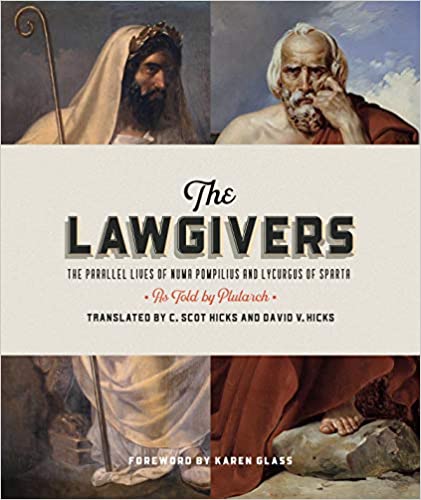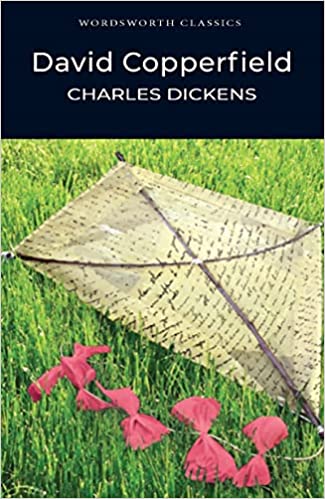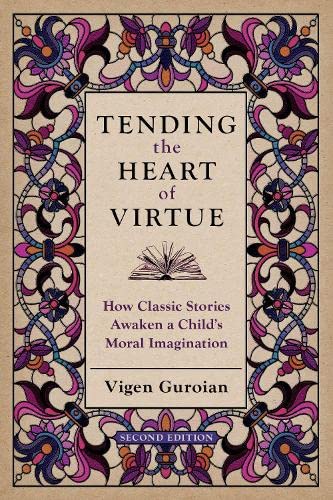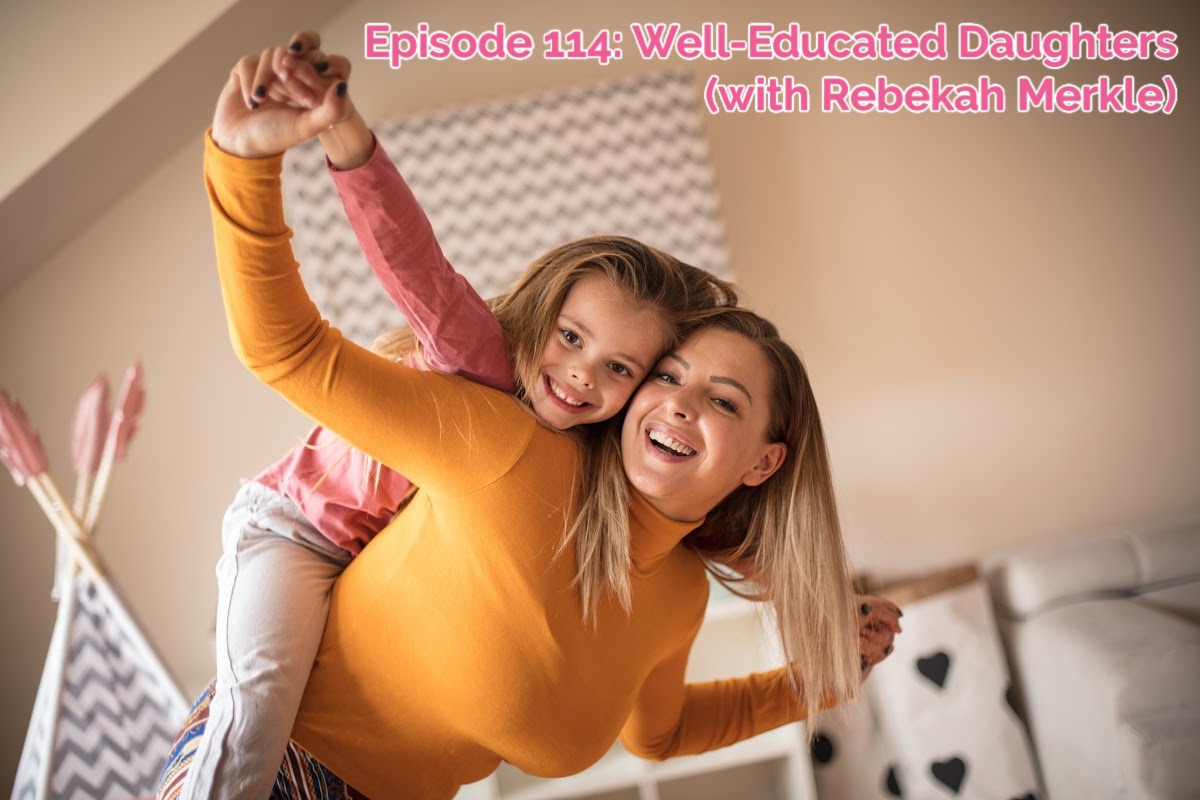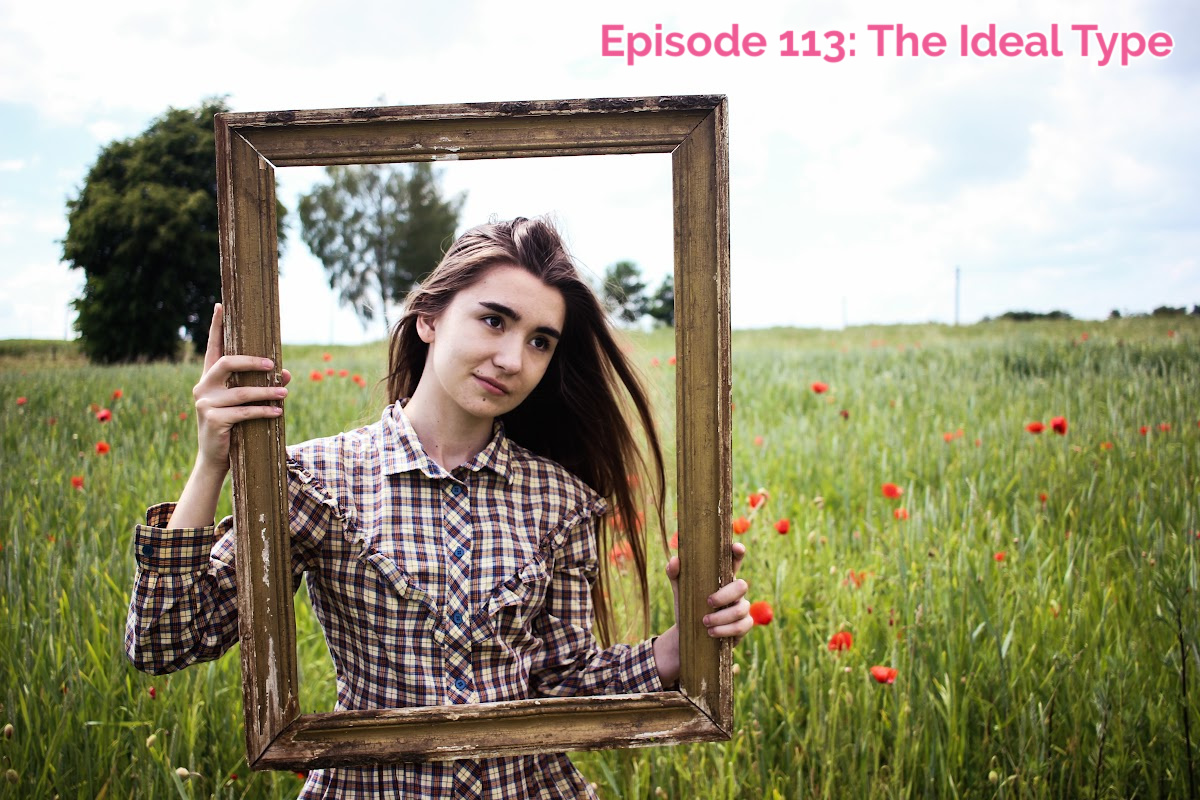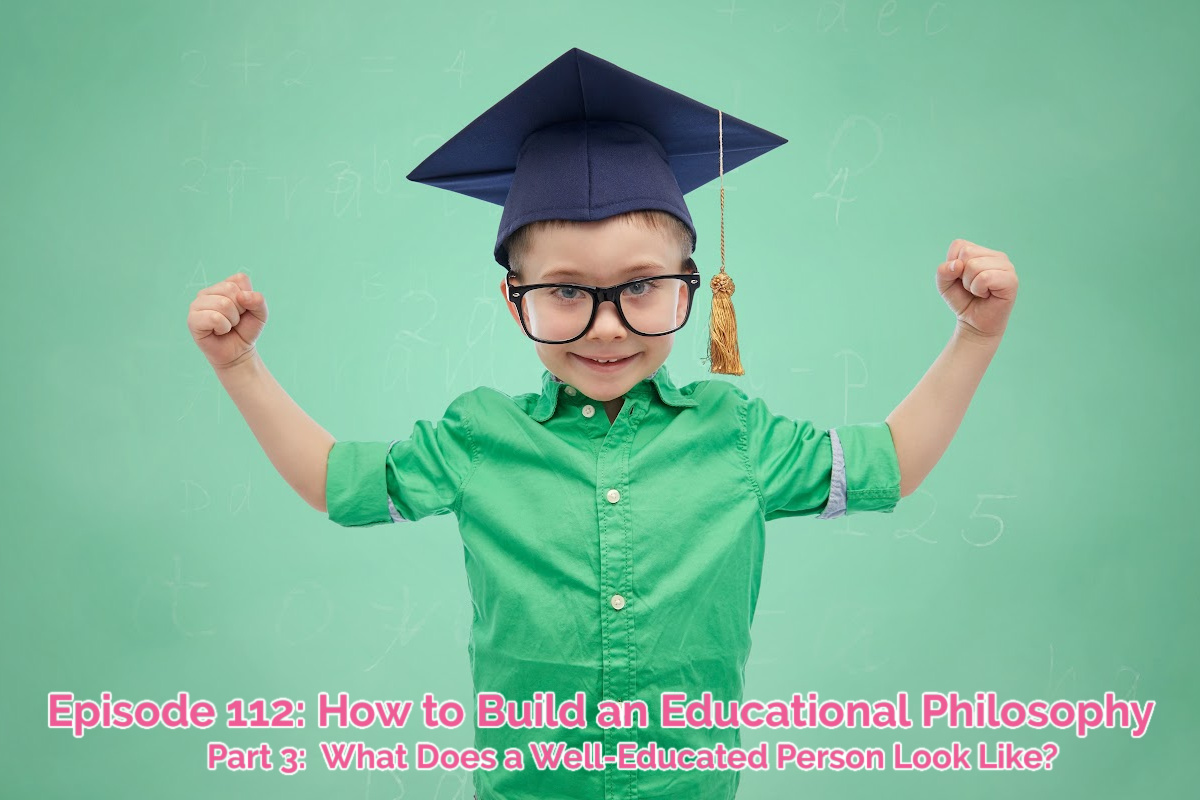SS #121 – The Ideal Type for Women (with David Hicks!!)
Because our culture is actively blurring the lines between men and women, denying and redefining femininity and masculinity, we have our jobs cut out for us as homeschool moms.
In 2021, we recorded an episode on what an Ideal Type is and why we need one. Our text for that conversation was Norms and Nobility by David Hicks.
Is the Ideal Type true of all mankind? Or is there some nuance between the sexes? Maybe the same virtuous ideal is lived out differently?
And if there is a difference, how does teaching it look different? Are there perhaps different books boys and girls should read?
We want our children to have the best classical education we can give them, but is there a difference in education for girls, and if so, what is it?
Are we Spartan wives who throw the girls out there with the boys because it’ll help them raise good men?
Listen to the podcast:
TUNE IN:
Apple Podcasts | Spotify | Stitcher
David Hicks Podcast!
Today’s Hosts and Guest
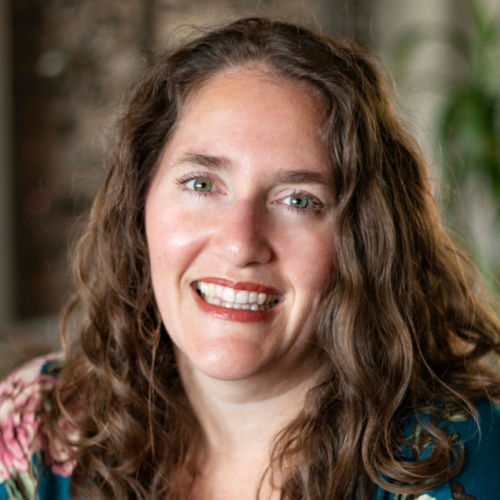
Brandy Vencel

Mystie Winckler

Special Guest: David Hicks
Hicks spent thirty years in independent education, heading St. Andrew’s Episcopal School in Jackson, Mississippi; St. Mark’s School of Texas in Dallas; St. Paul’s School in Concord, New Hampshire; and the Darlington School in Rome, Georgia.
Hicks served as an officer in the U.S. Navy and is the youngest man ever to teach on the faculty of the Naval War College. In 1976, he ran for Congress in New York’s Westchester County in a race he narrowly lost to
long-time incumbent Richard Ottinger. His 1981 book, Norms & Nobility: A
Treatise on Education, won the Outstanding Book Award for Education
from the American Library Association.
In 1996, Hicks created a stir in boarding school communities around the United States when he published his essay, “The Strange Fate of the American Boarding School,” in The American Scholar. His and his brother Scot’s translation of Marcus Aurelius’ Meditations was published by Scribner as The Emperor’s Handbook in 2002 and has sold over 100,000 hardcover copies.
In 2019 at the behest of CiRCE, a homeschool publisher, the two brothers produced The Lawgivers, the first in a series of illustrated and annotated translations of Plutarch’s Parallel Lives. The Statesmen and The Tyrant followed. At the behest of St. Vladimir’s Press, Hicks is also co-editing an anthology on classical Christian education with Father Anthony Gilbert.
Hicks and his wife Mary Elizabeth have four grown children and live on a ranch (West of the Moon) off the grid near Harrison, Montana. Their ranch is in a Life Estate to St. Peter’s Monastery. Their family owns and operates an organic market farm (Three Hearts Farm) in Bozeman where they are also members of St. Anthony the Great Orthodox Church.
Scholé Every Day: What We’re Reading
Redeeming the Six Arts, Brent Pinkall
Mystie is reading about Chinese classical education to prepare to interview the author for a later episode!
Ethics of Beauty, Timothy Pitatsis
David Hicks is reading a dialectic-style book on the theme of beauty and its connection to ethics and philosophy.
Byzantium, Stephen Lawhead
Brandy is reading this aloud with her teens, plunging them all together into the medieval world through the story of St. Aiden.
What is the ideal type?
A vital part of education in previous eras was showing the character of virtuous men through fiction and biography so students could learn from example what a good man is.
Statues, in the ancient world, were always chiseled not to be realistic and reflect the actual appearance, but to portray the ideal. So when Plotinus said, “Never cease chiseling your own statue,” he meant we should be always working to model ourselves after the ideal. This is not aimless or selfish self-improvement, but rather aligns more closely to the Christian ideal of sanctification – always becoming more and more Christ-like throughout your life.
Women are a part of mankind
Until recently, women saw themselves included in the word “man.” Woman was taken from man and together they were called Man by God. When Psalm 1 says, “Blessed is the man,” it does not mean males and it does not exclude women. Yet to translate it as ‘person’ or, worse, ‘man or woman,’ is to lose this biblical basis for the unity of the sexes and the structure of the universe given us at Creation itself. Women are half of mankind.
Yet women also are distinct. The ancients had ideal women, such as Penelope. They also had women who did try to be like men and they were not ideal types. They were bad guys.
Christian virtue
The Latins’ word virtue actually means manliness. So the ancients focused primarily on virtuous men and told stories about them to demonstrate the ideal.
Christianity took the idea and expanded it. No longer do we need flawed heroes. Now we have Christ. No longer do we have four virtues, but now we have the fruit of the Spirit. We are all, men and women alike, supposed to imitate Christ, to put Him on, and to be sanctified into His image.
So the virtues are the same, but they play out differently between men and women. However, this isn’t a wooden difference or a total bifurcation. Even within the sexes there are differences in character and situation that call for the virtues to be applied differently.
Even between different life stages the way we live out the virtue will be different.
Does the curriculum change for boys and girls?
What we need to do as teachers is showing our students many, many examples of all sorts of manifestations of the virtues so they can identify it in themselves and others. Virtue doesn’t have one look. All people don’t have to follow the same path to live out the virtues. Our education should prepare them for that reality.
Virtue is much broader than we usually realize. It’s also applicable through every trial, every situation that is not ideal.
The Curriculum Essential
Yes, we want to give our children many stories and biographies, particularly Plutarch and church history. However, the essential thing to continue learning and loving is the total arch of the whole biblical narrative.
Hicks also says that students are not educated unless they know Homer and a couple dialogues of Plato. Probably they should also read Dante to be truly educated.
Character is taught through story
You can’t teach ethics, much less virtue and character, through analysis and instruction. We learn it through narratives and then working through anecdotes in our own lives.
Mentioned in the Episode
Listen to related episodes:
SS #114 – A Well-Educated Daughter (with Rebekah Merkle!)
SS #113 – The Ideal Type
SS #112 – What is an educated person?


